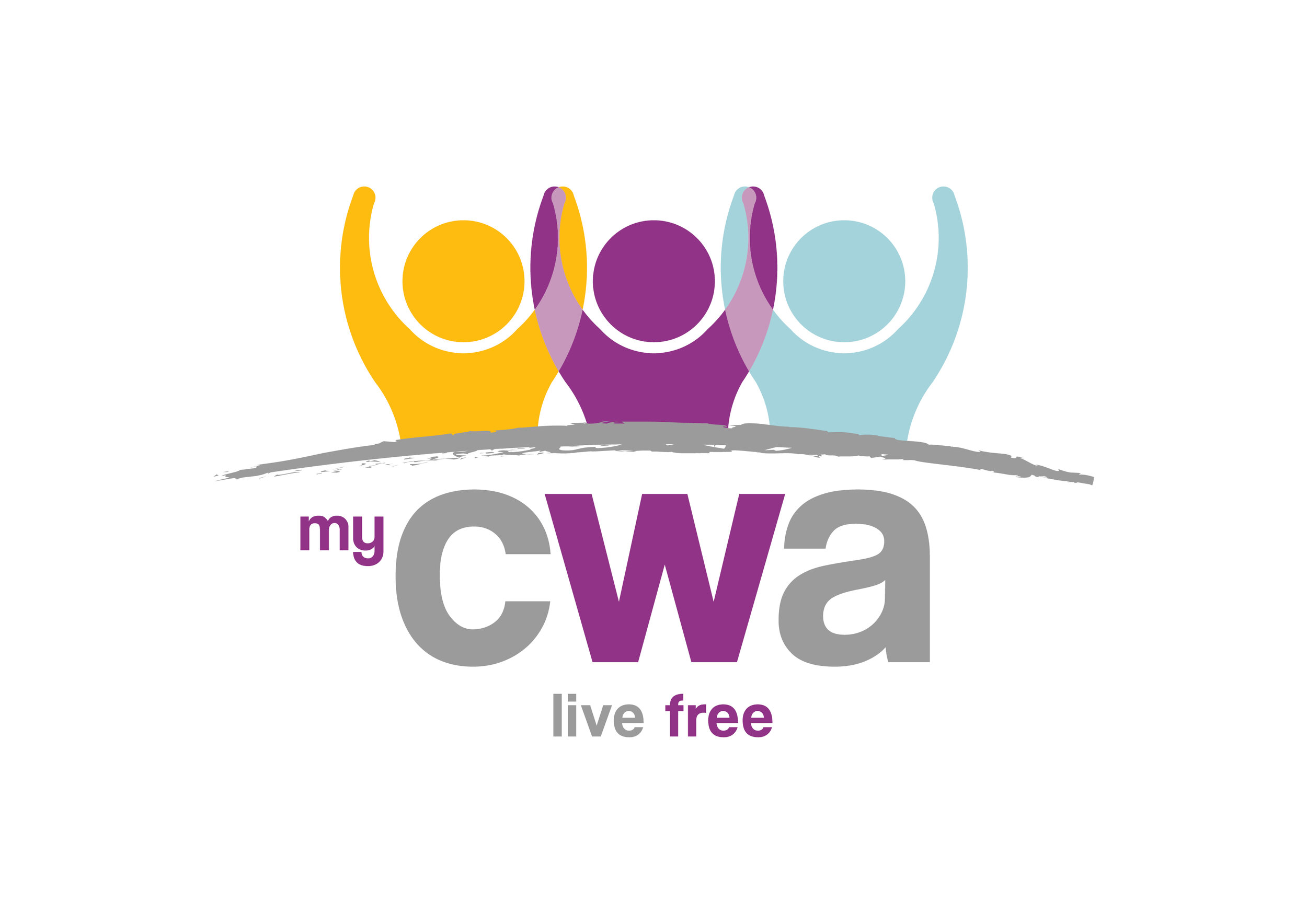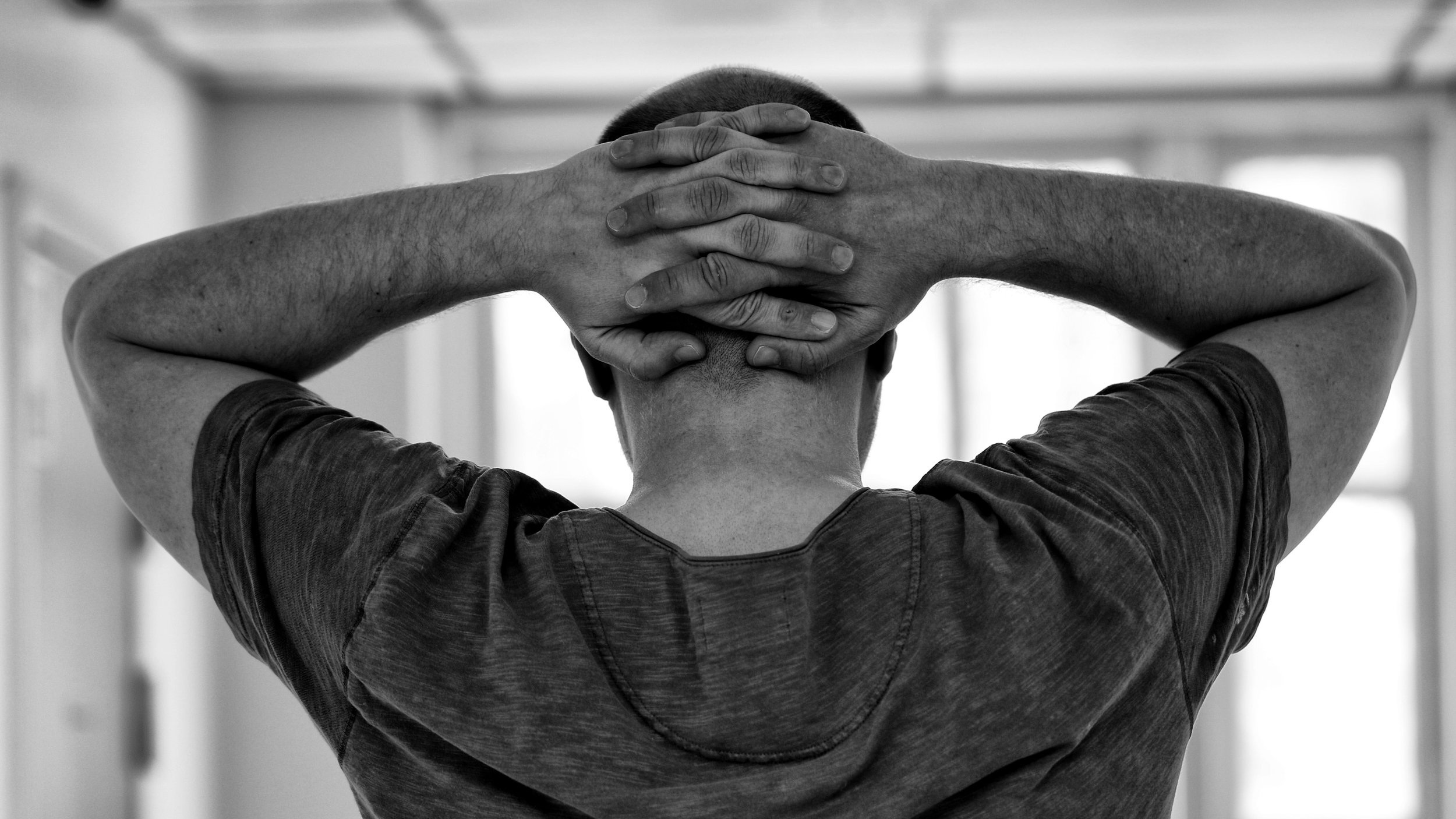help for people who harm
If you’re concerned about your own behaviour – perhaps you’ve displayed harmful behaviours within an intimate relationship or you’ve been referred to us by a third party agency – we offer behavioural change programmes and other support services to help you make changes.
“I deal with things a lot better…”
Lifeline is the name of our recovery course for people who harm. Click on the audio link below to find out what this attendee had to say about the programme…
Abuse can take many different forms – it can be physical, emotional, sexual or financial. It often starts gradually and intensifies over time.
Abuse is about gaining power and control over another person, but you might not know where your desire to control and coerce your partner comes from.
You might not even recognise that your own behaviours are abusive. You probably know you shouldn’t be punching, slapping or kicking.
But name calling, jealousy, anger, conflict and coercion can be easier to minimise – easier to explain away as just a normal thing that happens to most couples. Take a look at our understanding abuse pages to find out more.
Wanting to change
It sounds obvious, but you can’t change your own harmful behaviour unless you want to. Acknowledge it. Take responsibility for your actions.
Be honest about whether you truly want to change. It’s no good reaching out for support if you don’t think you need it; if you’re ticking a box for the sake of it. If you’re causing harm to those around you, choose to stop.
It takes guts to admit your behaviour is harmful and even more strength to actually do something about it. Seeking help can take real courage, but it is possible to choose a better life for you and your partner.
My CWA Insights
In our Insights video series, you’ll find a couple of videos that focus on our work helping people who harm. The first – Supporting People Who Harm – is an interview with one of our service users, Kenny. The second – Outside Looking In – is an interview with Ian Bartholomew (Corrie’s Geoff Metcalfe) about what he learnt from his role playing an abuser in the UK’s longest-running soap.
Self-help tools for people who harm
If you’re concerned about your own behaviour – perhaps you’ve displayed harmful behaviours within an intimate relationship or you’re finding things stressful during the coronavirus pandemic, you might find our self-help tools for people who harm useful. Body mapping, calm breathing and time out are tried and tested tools. Designed by psychologists. Why not give them a try?
How we can help
Here at My CWA, we often work with people who harm or with people who are worried about unhealthy behaviours within their relationship.
We’ve helped hundreds of people who harm to turn things around and make a fresh start. We’re not here to judge. We’re here to help.
We run Engage, a programme that offers therapeutic and practical support to create lasting change.
We also run Lifeline, a 32-week behavioural change programme for men who have some acknowledgement that their behaviour is causing a concern to their partners or themselves.
No judgement
We’re not here to judge. Reaching out for help is a great first step towards making positive changes. We are supportive. And we care. Our vision is a healthy community where everyone can live free from fear of domestic abuse.
The sooner you get the help you need, the better life will be for you and your partner. Contact us now and let’s take it from there.
Call us 24 hours a day on 0300 123 5101 (or 01270 250390 if you’re outside Cheshire East) if you need to talk. For more information about behavioural change programmes or to book a place, contact us now.




